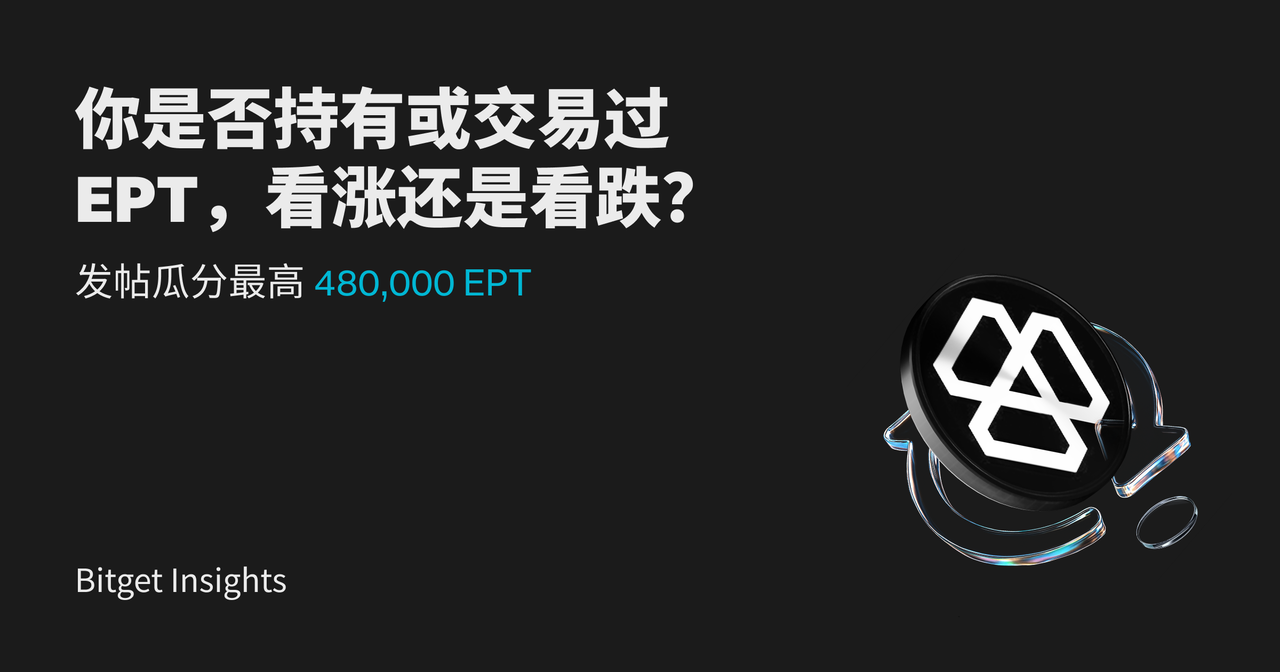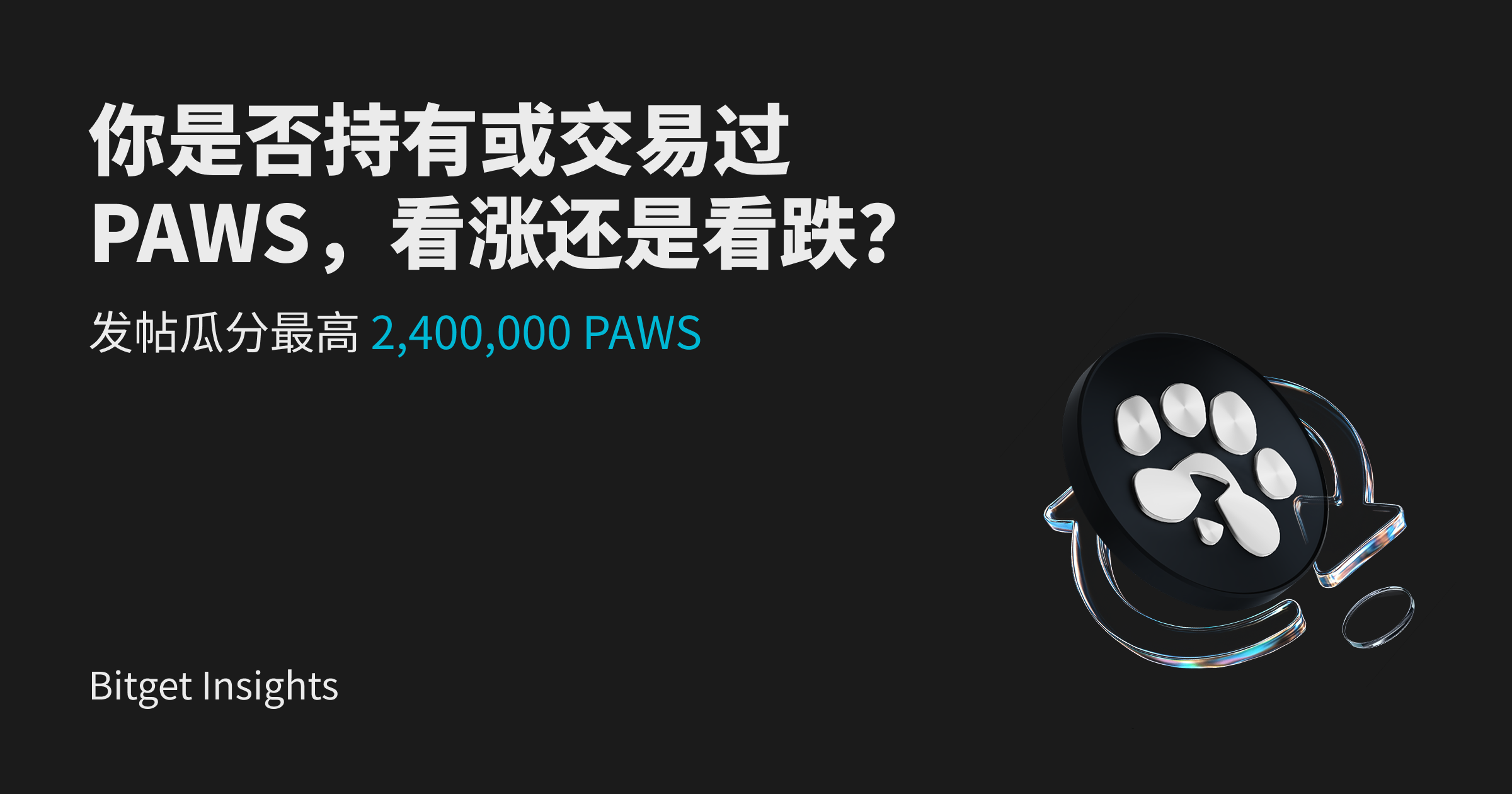Imagine the Future of Hybrid Rollups
By Kyle Liu, Investment Manager at Bing Ventures
Rollups, as a scalability solution, hold significant potential for public blockchain scaling. However, they currently face limitations and challenges in terms of security, decentralization, user experience, and cost-effectiveness. By addressing these limitations and establishing a more robust ecosystem of standardized tools and support, rollup can achieve broader applications and better development, providing lasting support for the scalability of public blockchains.
Hybrid rollups are a promising way to contribute to this goal. Hybrid rollups are a novel concept that combines different architectures. They could better address the scalability and performance challenges of public chains while offering stronger security and user privacy protection.
In this article, we’ll discuss the challenges faced by rollups in scaling public blockchains, explore the possible solutions and assess the prospects for the future of rollups.
Limitations of Existing Rollups
Optimistic Rollups and Zero-Knowledge Rollups (ZK-rollups) are the two main architectures of the existing rollup solutions. However, both of them have their own limitations. Optimistic rollups have a week-long finality period due to potential fraud challenges, while zero-knowledge rollups are more costly due to the substantial costs associated with on-chain verifications. The former provides a dissatisfactory user experience while the latter may be less cost-effective to be sustainable. Also, both solutions make a difficult trade-off between security and decentralization. For example, Optimistic Rollups carry the risk of exit scams perpetrated by deceitful operators. And ZK-rollups are mostly centralized, meaning only specific operators can submit transaction batches and validity proofs to L1, which increases the risk of censorship.
Hybrid rollups that combine the merits of optimistic rollup architecture and Zero-Knowledge architecture could achieve a better trade-off between security and decentralization, offering enhanced system security while maintaining the level of decentralization. Such a hybrid approach also has the potential to provide the best possible experience for users and builders.
Additionally, the broader adoption of rollup requires a more all-around ecosystem, where developers have easier access to the tools and support needed for building and implementing rollup solutions. It’s also necessary to establish standards and guidelines to ensure interoperability and compatibility among different rollup solutions.

Potential Advantages of Hybrid Rollups
As an emerging solution, hybrid rollups can bring improvements to the following aspects:
Firstly, hybrid rollups achieve greater flexibility and scalability. By building a ZK circuit for a simple machine on L2, hybrid rollup allows for publishing validity proofs for Optimistic rollups and avoids the issue of frequent circuit updates since the target machine architecture is simple and static. This flexibility allows hybrid rollups to adapt to different use cases and requirements, enabling efficient scaling to handle large-scale transactions.
Secondly, hybrid rollups combine the advantages of optimistic and zero-knowledge proofs (ZKPs) to offer enhanced security. Optimistic rollups deliver high-performance and low-cost transaction processing but carry certain risks because verification occurs after transaction submission. On the other hand, ZKPs ensure the validity and privacy of transactions, making it difficult for attackers to tamper with or steal user assets. By combining these two mechanisms, hybrid rollups can provide stronger security guarantees.
Additionally, hybrid rollups can lower the trust required. By using ZKPs to prove the correct execution of transactions, hybrid rollups can reduce the dependency on the honesty of verification nodes. Users only need to trust the correctness of the ZK circuit, eliminating the need to trust the verification nodes.

Implementation Challenges
However, the implementation of hybrid rollups is not without challenges. Here are the two major ones.
Firstly, compiling the execution layer into a simple machine architecture (a simplified virtual machine) may require a lot of engineering and research work. After the compilation, it needs to be ensured that the code can execute correctly on the simplified virtual machine and remain consistent with the original execution layer. Achieving this involves addressing technical issues including optimizing the compiler, finding the right machine architecture, and many more. Only when these issues are adequately resolved can you build a hybrid rollup model that can provide flexibility and scalability.
Secondly, implementing zero-knowledge proofs requires enormous data processing and computation, which may affect the performance and scalability of the hybrid rollup. Hybrid rollups use validity proofs to confirm the correctness of off-chain state transitions. The process involves generating and validating a large amount of proof data. It is necessary to optimize the proof generation and validation algorithms to be able to ensure the real-time generation and validation of these proofs in actual network conditions so that hybrid rollups can have good efficiency and scalability.
Given these difficulties, hybrid rollups are most suitable for specific use cases at the current technology level. Below are two use scenarios that we think hybrid rollups can fit into.
Firstly, large-scale transaction processing. By compiling the execution layer into simplified machine architecture, hybrid rollups gain the flexibility and scalability needed for effective batch-handling of a large number of transactions with low-latency confirmation. It can meet the needs of large-scale transaction processing.
Secondly, applications with high privacy-preserving requirements. The adoption of ZKPs for verification of off-chain execution gives hybrid rollups the ability to preserve the privacy of transaction data. The validity of a transaction can be proved without revealing any information about the transaction itself to any third parties. This makes hybrid rollups suitable for application scenarios with high privacy-preserving requirements such as financial trading and identity verification.
In summary, although facing technical challenges in areas like compiling the execution layer into a simplified virtual machine and optimizing the proof generation and validation algorithms to overcome the burden of data processing and computation, hybrid rollups are uniquely geared to meet the needs of specific applications that handle large-scale transactions or have high privacy requirements. With technological advances and the emergence of more solutions, hybrid rollups will be able to have a broader scope of application.
The Future Direction of Rollups
Hybrid rollups are considered a future direction of rollups, but their maturity will depend on the further development of the two mainstream rollup schemes.
Optimistic Rollups — The transaction confirmation and finalization process need to be improved to increase throughput and reduce costs. It would include innovations in state management, transaction submission, and dispute resolution mechanisms to increase efficiency. These improvements might enable Optimistic Rollups to surpass hybrid rollups in terms of performance and cost-effectiveness.
ZK-Rollups — As zero-knowledge technology develops, the performance and scalability of ZK-Rollups should be increased with more efficient proof architectures, a more compact proof size, and faster verification algorithms as well as other innovations. With these improvements, ZK-Rollups would have a more efficient and faster verification process, making them a potential competitor to hybrid rollups in terms of performance and verification efficiency.

We believe the emergence of hybrid rollups will drive more projects and developers to join in building the rollup ecosystem. With improved flexibility and scalability, hybrid rollups will offer more possibilities for various use cases and sectors. For example, in DeFi, the high-performance and low-cost advantages of hybrid rollups can be leveraged to enable the construction of more complex financial protocols and smart contracts.
Below are some areas where we believe hybrid rollups could be useful.
-
Cross-chain Interoperability: Hybrid rollups can provide interoperability across different public chains. By using a hybrid rollup as the bridging layer, secure and efficient asset transfers and information exchange can be achieved across different chains. This will facilitate collaboration and value flow between multiple chains, breaking down existing barriers. Through hybrid rollups, seamless interaction and higher asset composability between Ethereum and other public chains will be possible, which could be a potential investment opportunity.
-
Compliance and Privacy Protection: Hybrid rollups combine the best of the two rollup schemes. Benefiting from the ZKP technology used, they will be able to guarantee the privacy of transaction data and provide verifiable transaction execution. Therefore, they can be used to provide compliance and privacy protection solutions to sectors such as tokenized real-world assets (RWAs) or institutional users that have higher requirements for compliance and privacy protection.
-
Community Governance and Consensus Mechanism Innovation: The development of hybrid rollups will promote more innovations in community governance and consensus mechanisms. By implementing hybrid rollups, public chain communities will be able to achieve higher throughput and lower costs while maintaining a high degree of decentralization and security, which may ultimately result in improvements and experiments on community governance and consensus mechanisms to suit the needs of various DAOs.
-
Infrastructure and Developer Tooling Support: With the development of hybrid rollup, it is expected that more infrastructure and developer tools will emerge. Developers can build tools and platforms for deploying and managing hybrid rollups, simplifying the development process and providing a better user experience. This will in turn further drive the adoption of hybrid rollups and provide more opportunities and resources for developers.
In conclusion, hybrid rollups are expected to play a beneficial role in public chain ecosystem scaling, cross-chain interoperability, compliance, and privacy protection as well as community governance and consensus mechanism innovation and maturity of infrastructure and developer tooling. As they develop, hybrid rollups will be an important force driving the performance and usability improvements of L1 and L2.
About Bing Ventures
With a team of veteran financial professionals, researchers, and technologists, Bing Ventures is a pioneering venture capital firm that backs startups and entrepreneurs driving the next wave of Web3 and blockchain innovations.
For more information, please visit us at the following channels:
Website: https://www.bing-ventures.com/
Twitter: https://twitter.com/BingVentures
Medium: https://medium.com/@BingVentures
Telegram: https://t.me/Bing_Ventures
免责声明:文章中的所有内容仅代表作者的观点,与本平台无关。用户不应以本文作为投资决策的参考。
你也可能喜欢
新币EPT上线,你看涨还是看跌?发帖瓜分最高480,000 EPT!

一周预告 | Initia上线主网;美SEC举行第三次加密政策圆桌会议,将聚焦托管问题
未来一周2025年4月21日-2025年4月27日,还有这些区块链要闻值得你关注。

VIPBitget VIP 投研洞察周报
自总统、名人发币潮距今已有近2个月时间,期间 Solana 生态流动性近乎“枯竭”,Pump.fun 从每天能成功发射超2000个项目到 dex 跌至低点每天仅有50多个项目成功发射,每日新发射项目数跌去近97%。在这两个月时间里,Pump.fun 推出了自己的 DEX(Pump Swap),主流中心化交易所积极转型推出“现货+链上融合”类的产品,打通中心化交易所与链上流动性壁垒,以捕获链上早期热门币种的炒作需求,这也加速了 Solana 链上流动性复苏。

新币PAWS上线,你看涨还是看跌?发帖瓜分最高2,400,000 PAWS!

